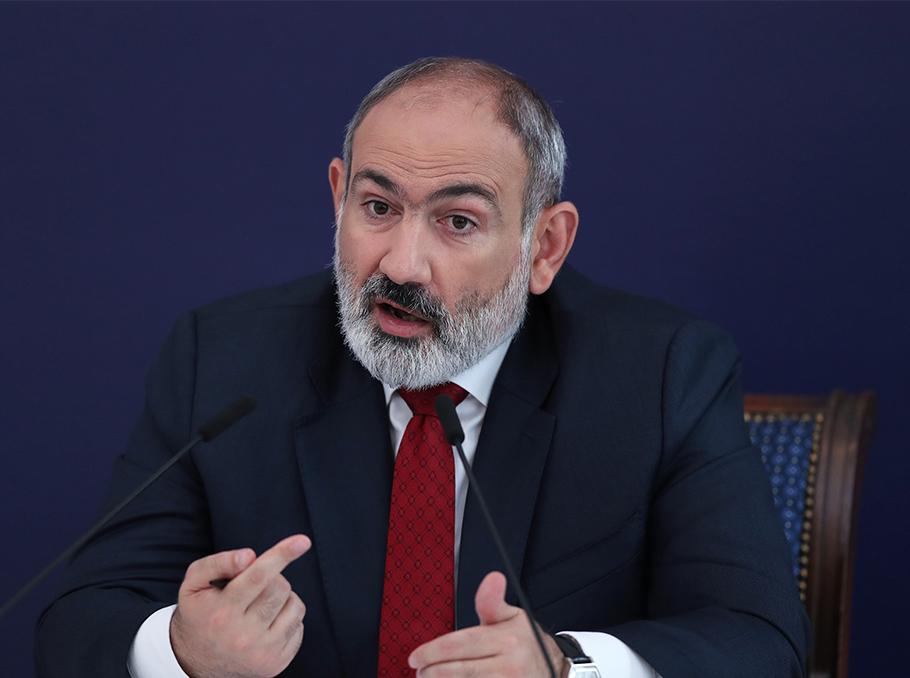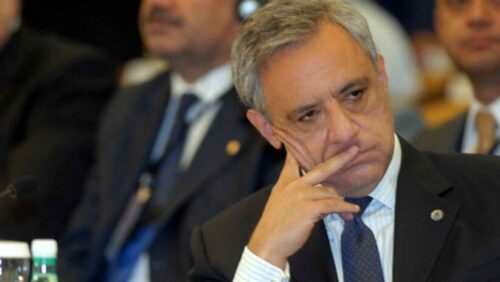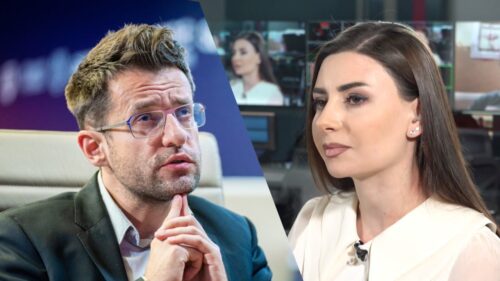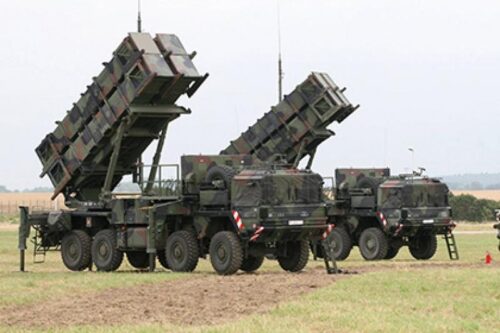
The bread “addict”
Distortion of facts and reality in Armenia, which has been under way for the last six years, is taking deeper roots, leaving to the undermining of statehood day by day. Recently, on various occasions, Nikol Pashinyan has started talking a lot about the state, statehood, independence and other similar lofty values, but doing this in a way par for the course with him, i.e., by devaluing them.
Pashinyan’s ideas about the state and independence not only do not fit in with the general truth, but also give rise to deep worries. There are thousands of political science treatises about the functions of a state from ancient China and Rome, where various thinkers presented the most diverse approaches to the state’s functions and their implementation in real life, but we can see how all this can vanish in a second as Pashinyan speaks. In particular, Pashinyan constantly notes that “the state and independence are instruments for making bread; one creates a state to be able to make bread; bread is freedom, bread is justice, bread is security.” He gave a detailed speech on this during the discussion of the 2025 state budget in the NA standing committee on financial and economic issues, presenting his new ideology of “bread theory” with several theses and approaches.
Juvenal, an ancient Roman satirist, once briefly formulated a thesis that has remained relevant for nearly 2500 years. He said that so that the Romans are kept away from internal political intrigues, they need two things: bread and circuses. It is a well-known fact that the main instrument of populism is the circuses. When populists come to power, the circus becomes state politics, or state politics becomes the circus. To add, there is no “bread and circuses” for populist-demagogues; populists provide only circuses; for populists the circus becomes bread.
In fact, we can see that Pashinyan’s mind revolves around “bread politics”. He tries to convince his listeners that the claims he makes are absolute truths and there is no other reality beyond them. The sad thing is that Pashinyan responds or reacts to the most serious security and geopolitical challenges with “bread” logic. In other words, Pashinyan shows how bankrupt his ideas and his toothless approaches are.
Speaking about the state budget in the parliament, Nikol Pashinyan presented several of his key theses, declaring that the budget should be built around the theses “become rich and make others rich” and “here is the state, here is bread; here is the homeland, here is where you should stay.” At first glance, he seems to be talking about patriotism, statesmanship and strengthening the state, but these are manifestations of selfishness and obsession with power.
From what has been said, it becomes clear that for the present authorities, “bread” and power are associated symmetrically, more specifically, by saying “here is bread, here is where you should stay,” Pashinyan seems to be sending a message to his team to keep the power at all costs. In particular, for these authorities, bread and power are equal; it seems that before coming to power, they faced a lack of bread, but now they are relieving their hunger in all possible ways. This is perhaps the reason for the various corruption schemes in which the key figures of the government are involved. Information spreads almost every day in the press, according to which various government representatives are involved in various corrupt transactions and abuse their power.
It turns out that, according to Pashinyan, the main task of the state is to satisfy the urge to eat and ensure people’s “well-being”, the guarantee of which is exclusively bread. “Once a stomach is full, all issues are settled,” this is the formula proposed by the leader of Armenia, caught at the center of security challenges. In this case, it does not matter what will happen to the state; the main issue is the bread.
The next topic, i.e., “become rich and make others rich,” also completely fits into the logic of the corrupt Pashinyan regime, when the authorities perceive it from the point of view of organizing their own prosperous life.
Thus, we can state that the issue of corruption is one of the chinks in Pashinyan’s armor, i.e., his Achilles heel; any mention of it in public—be it pointless government spending, buying cars, stepping up security for personal purposes, public spending to satisfy family pleasures, embezzlement of funds, etc.—causes him serious convulsions, and Pashinyan, who until 2018 was one of the number one pioneers in the fight against corruption, now silently bears the stigma of the corrupt government. In other words, when he sees that there is nothing serious to say or do, he starts to talk about bread.
Summing up, let us note that Pashinyan challenges the claim that “one cannot maintain power forever with circuses”, as the society has been tolerating Pashinyan in the driving seat of the country for about 6.5 years.
P.S. Back then, when Pashinyan was still in the opposition, accusing former Prime Minister Hovik Abrahamyan and various high-ranking officials of being involved in corruption, he used to say, “a person like you should support a family, so that the people around him either become a prosecutor, or become a deputy, or become a mayor. Today 200 thousand families in Armenia are poor; they say that they do not have enough bread. 200,000 poor families are more important to me than three corrupt families.” Now Pashinyan seems to be in the same situation: the mayor is his, and the prosecutor, and several dozens of deputies are his, and today 12.4 percent of the Armenian population (according to 2022 data) is considered poor.
Perhaps Pashinyan is so out of touch with reality and hasn’t walked the streets of Yerevan for so long (it’s pointless to talk about regions) that he hasn’t noticed the increasing number of beggars asking for money to buy bread.
Armen Hovasapyan



